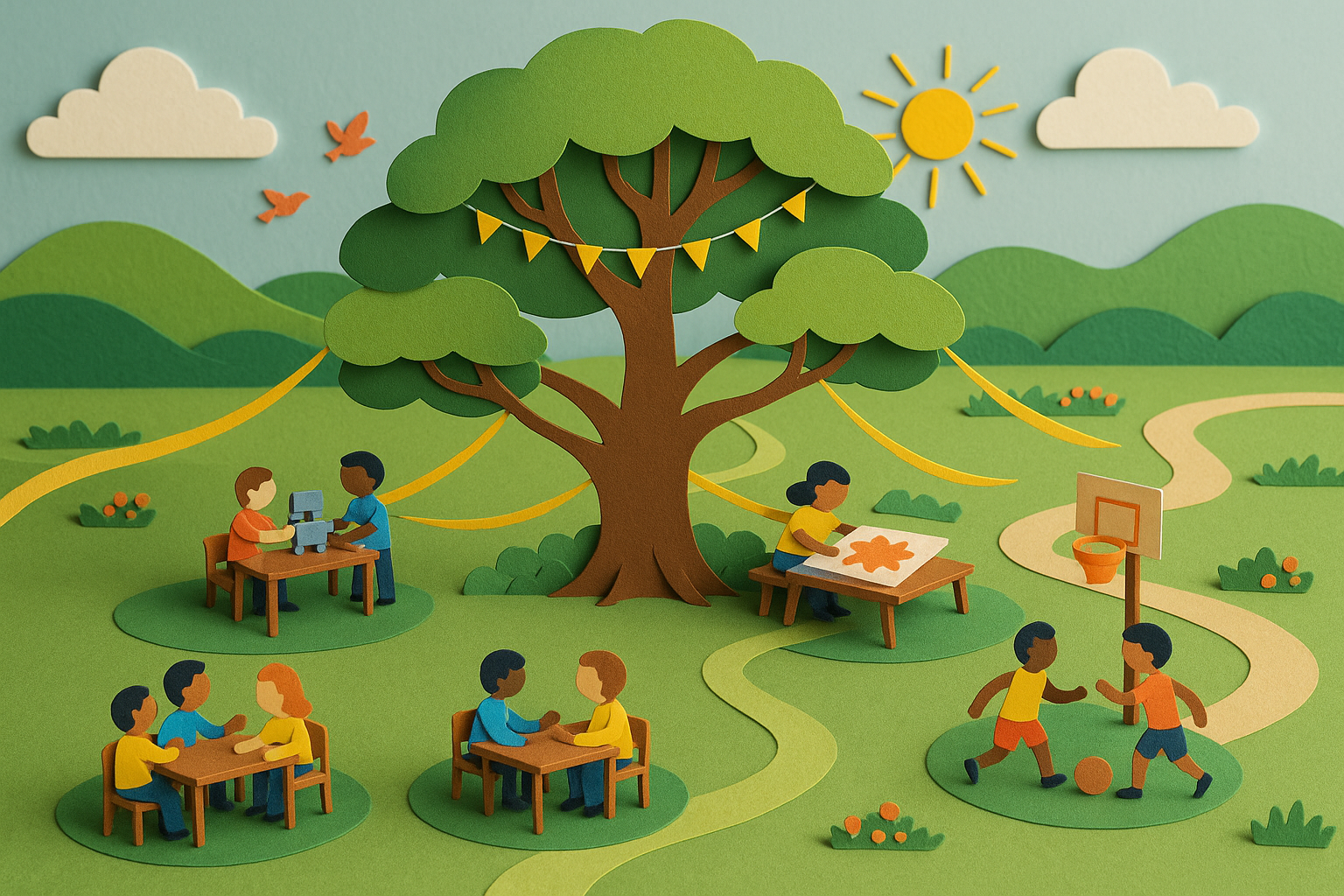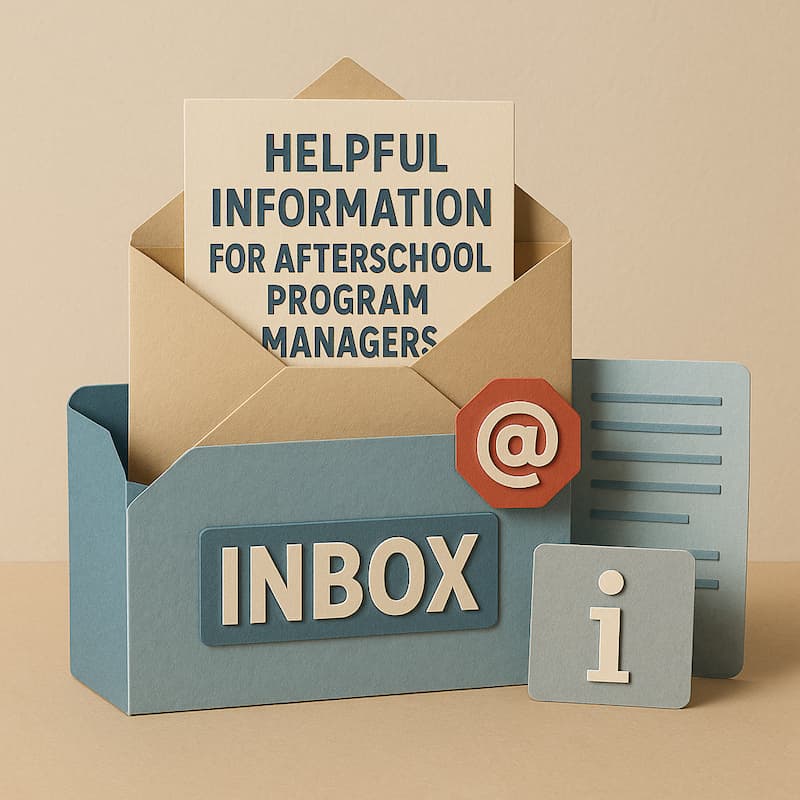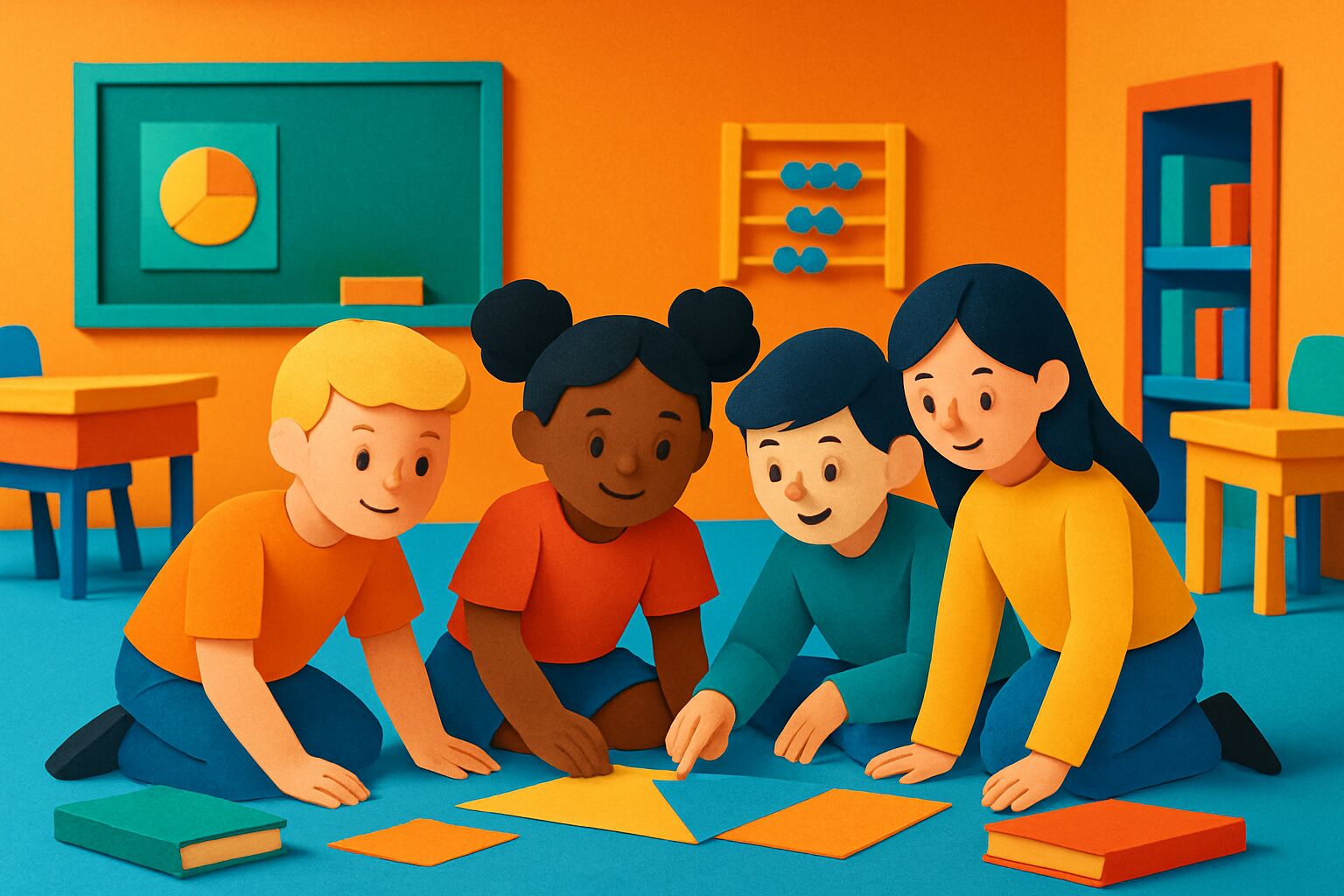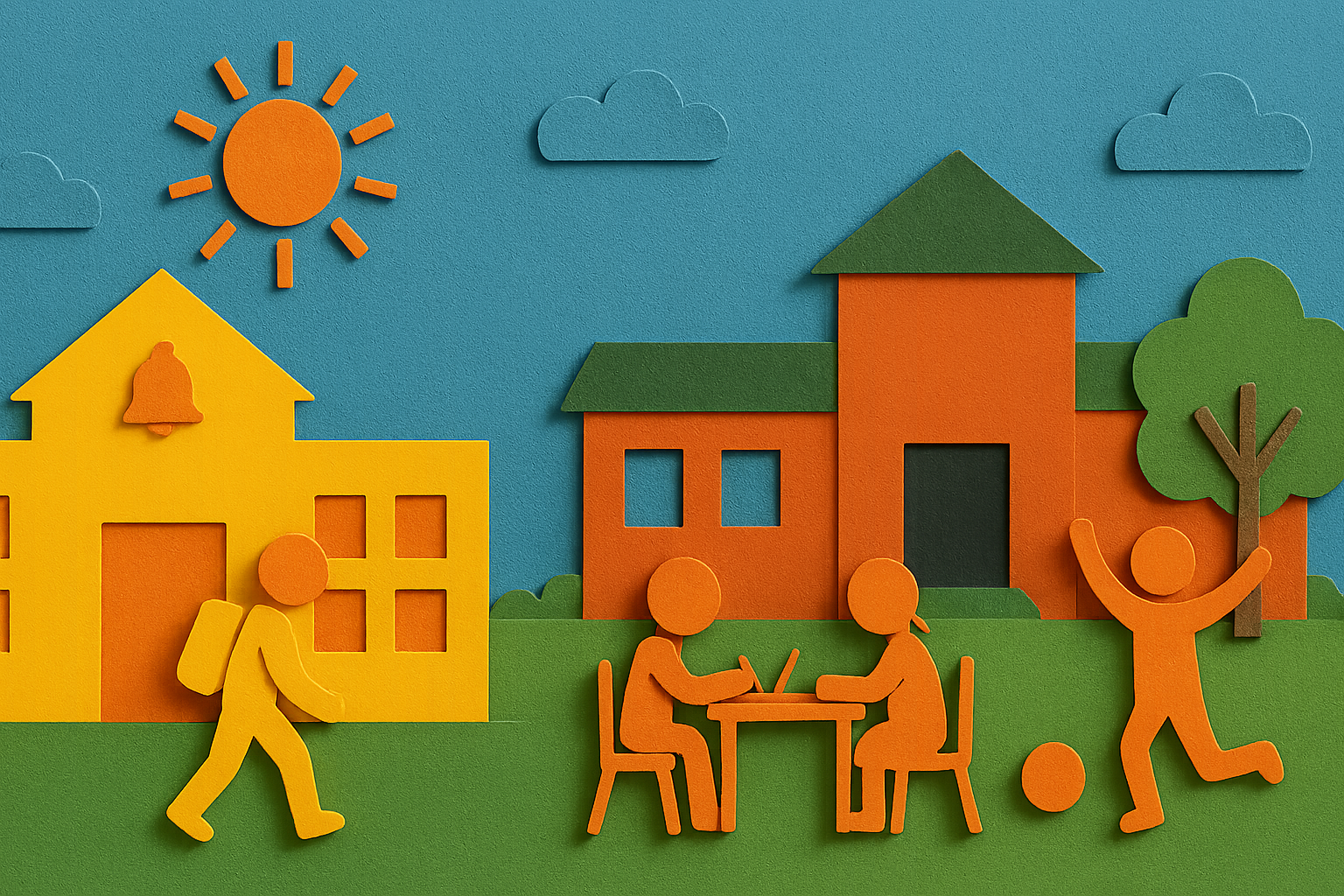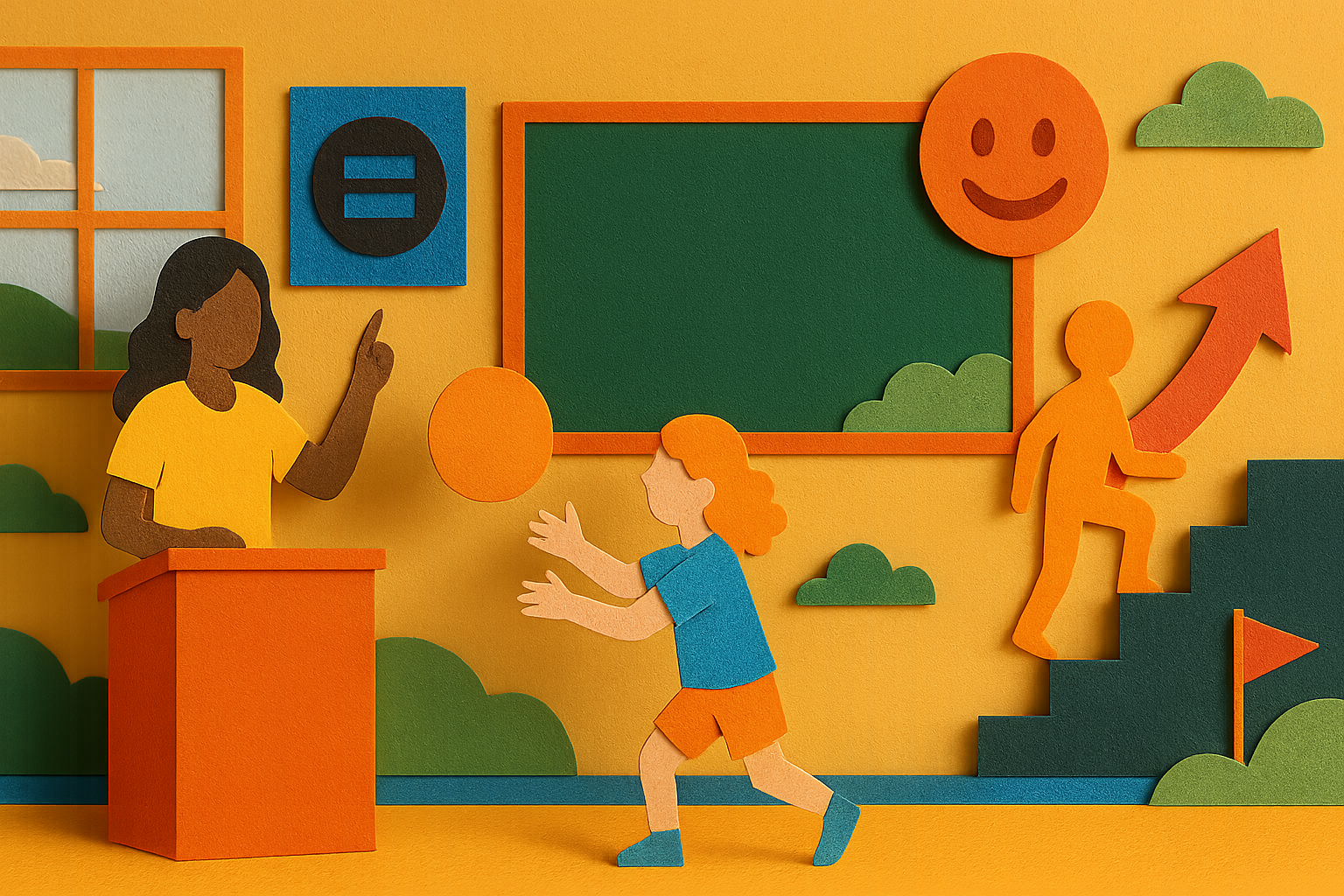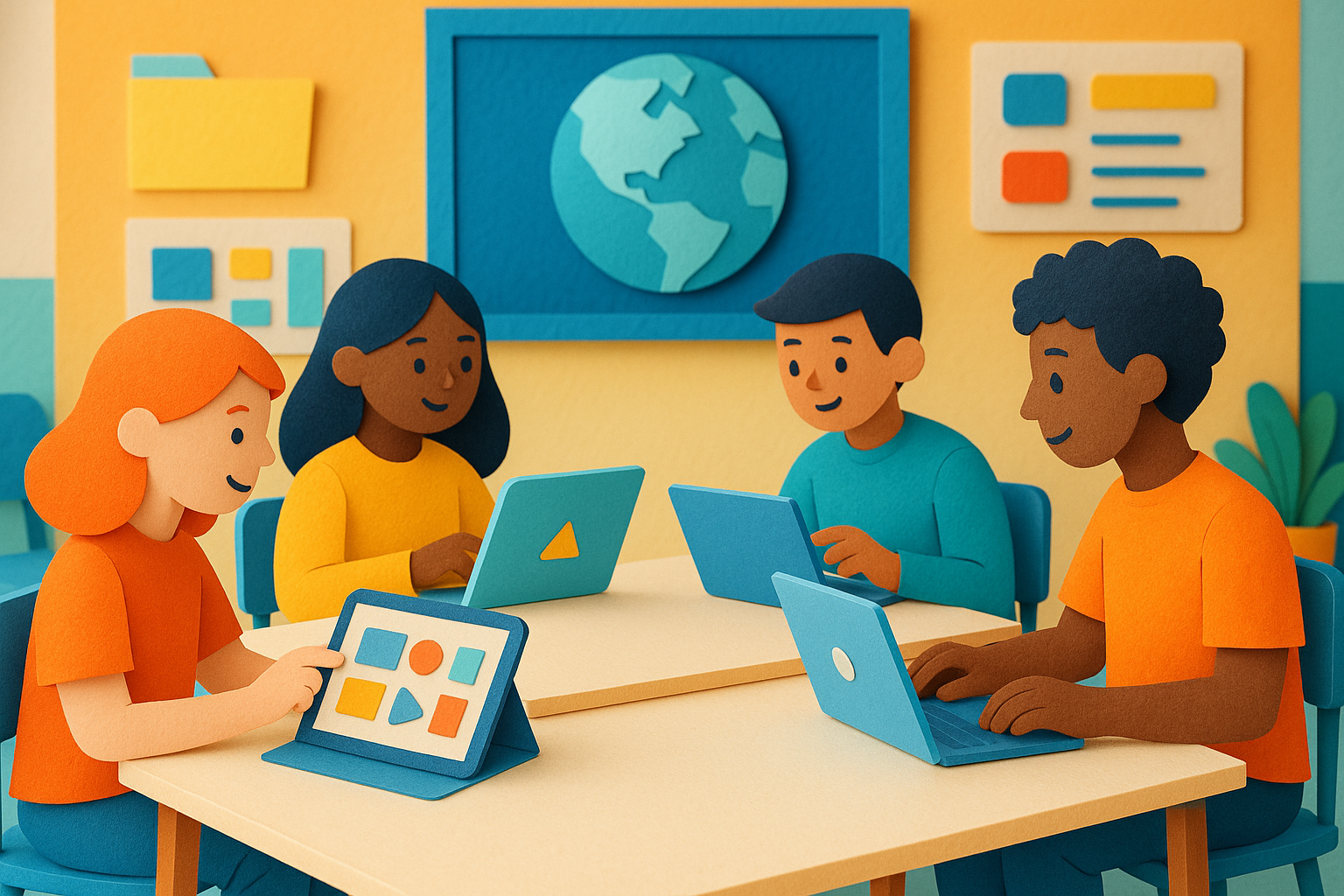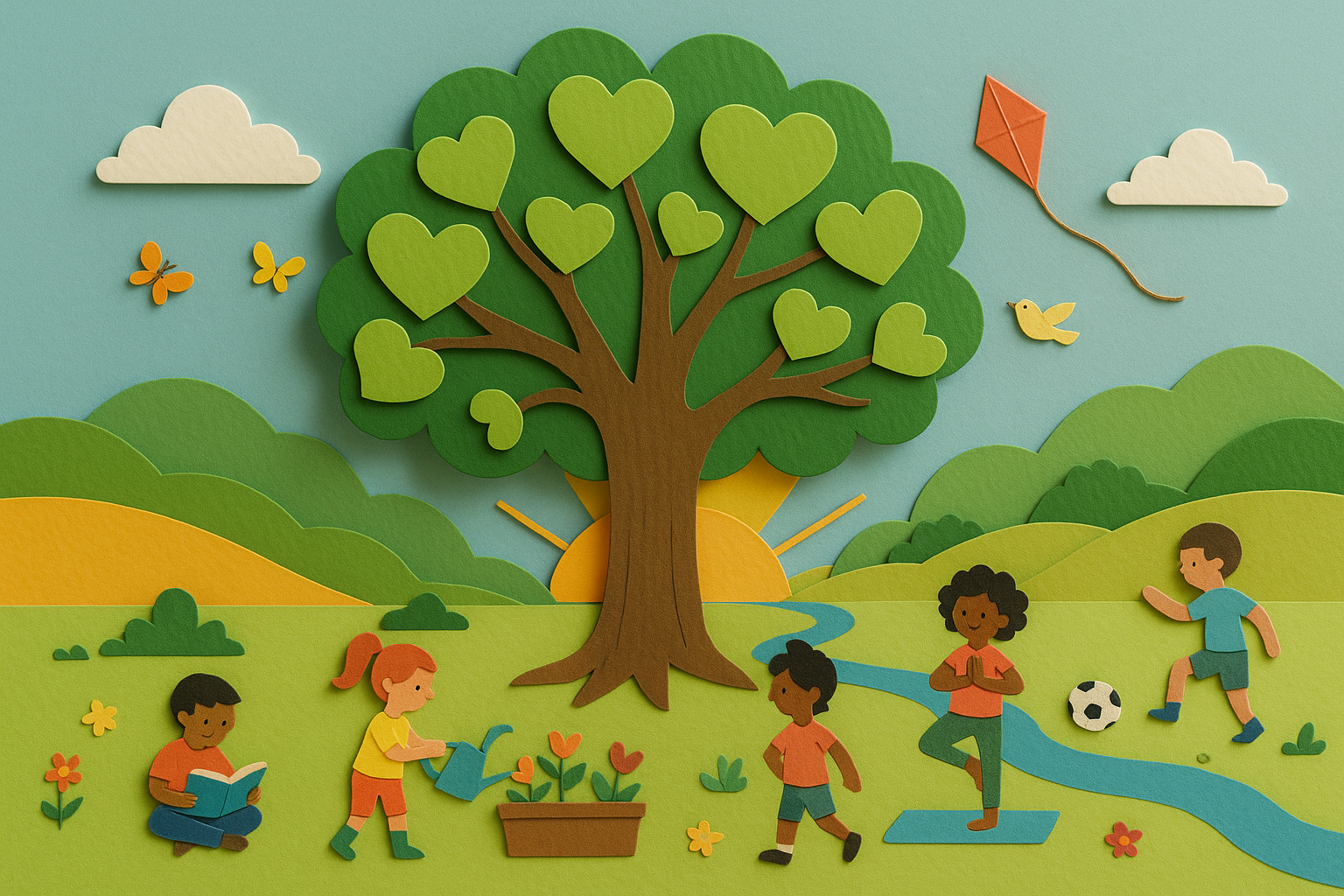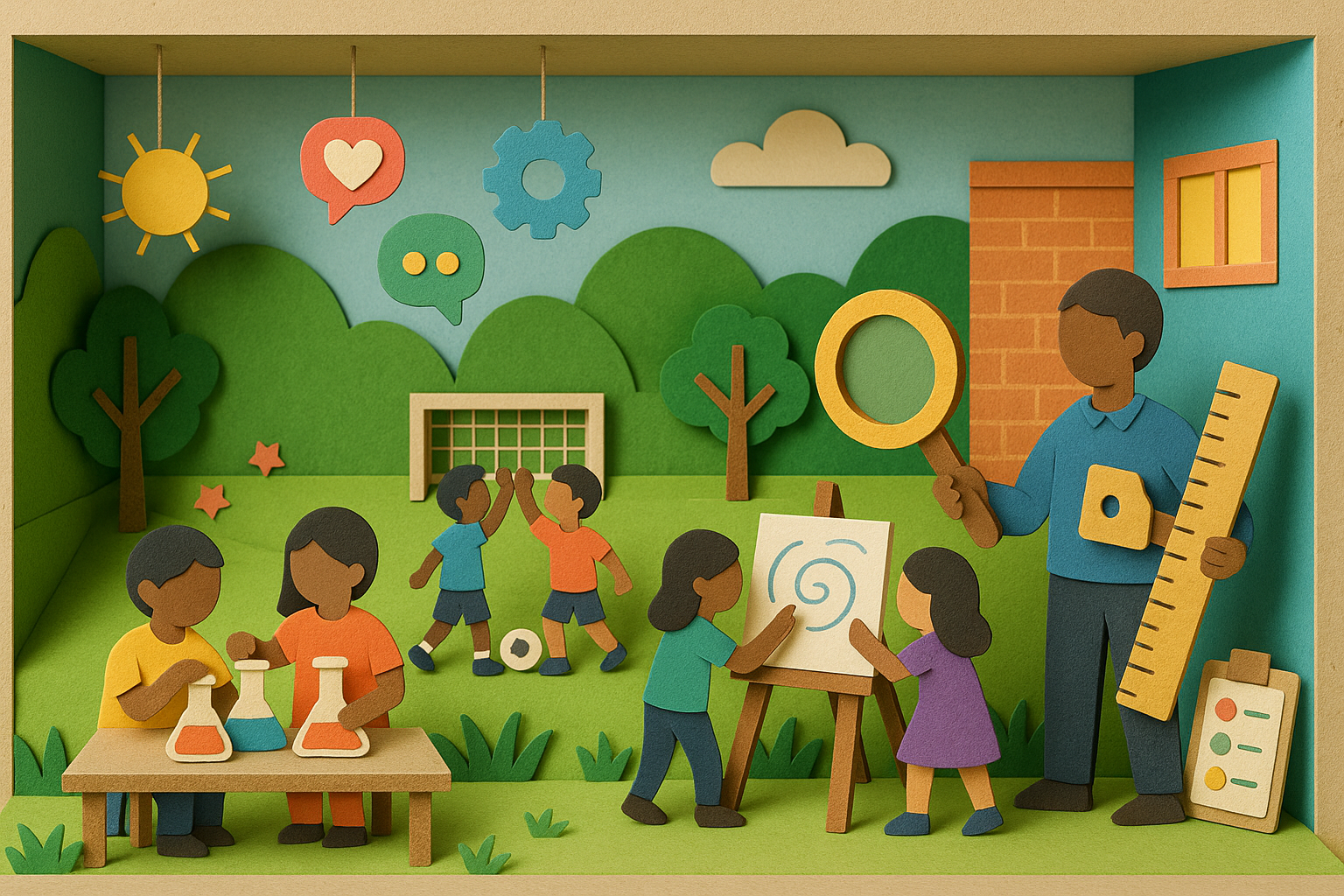Investing in student relationships, both with educators and peers, is an indirect yet powerful way to improve student performance. Social connections are a core element of any meaningful learning or education. Students feel genuinely supported when schoolwork changes from what can feel like isolated tasks to team-building and engaging experiences. Research consistently demonstrates that students who experience deep connections within their school community engage more deeply in learning and develop critical social-emotional skills.
As professor of child psychiatry at the Yale Child Study Center, Dr. James Comer has noted, “No significant learning occurs without a significant relationship.” This notion should be a guide for school educators in developing meaningful student connections.
Fostering Connections Early in the Classroom
Neuroscience and educational psychology show that the first moments of a school day (or class) shape students’ emotional and cognitive readiness to learn. Morning gatherings can tap into this critical window of psychological preparation and help create a neurological state of openness and connection. When students experience a predictable, supportive group interaction, their brains release oxytocin and reduce cortisol levels, which shifts them from a state of potential stress to a collaborative learning state.
Allowing 15-20 minutes for educators and students to meet with one another kickstarts students’ social-emotional systems, preparing them for deeper engagement, increased empathy, and more resilient learning.
Engagement Strategies for Students
Students become more motivated when they feel their individual experiences and interests are truly valued. Effective teachers move beyond the traditional assessment of metrics by instead fostering an environment for meaningful connections. This includes having conversations that explore students’ lives beyond academic performance and being curious about each student’s uniqueness. Teachers build trust by maintaining consistent one-on-one interactions and creating a supportive classroom model where students feel genuinely seen and understood.
The RULER approach (Recognition, Understanding, Labeling, Expression, Regulation), developed by the Yale Center for Emotional Intelligence and led by Dr. Marc Brackett, enhances student engagement by teaching emotional intelligence skills. This evidence-based framework helps students recognize emotions, understand their causes, label feelings accurately, and develop healthy ways to express and manage them. When applying RULER in the classroom, schools can help individual growth and build stronger relationships.
Enhancing Peer Interactions
Research shows that peer relationships significantly influence academic achievement. Positive peer connections can enhance learning outcomes, while challenging peer dynamics can negatively affect academic performance.
The Child Development Project deepens peer relationships through structured engagement. Teachers guide students in building empathy, fostering connections through cooperative learning activities, and strengthening bonds during regular classroom experiences. The program further creates a broader community of support for student relationships by involving parents.
When students master conflict resolution skills, their relationships naturally deepen. Teachers can encourage this growth by helping students turn potential disagreements into opportunities for connection, guiding them to find collaborative solutions, and developing active listening skills that strengthen their social bonds.
Relationship-Building Activities
Effective relationship development requires intentional, structured approaches beyond traditional classroom interactions. Team projects become collaboration laboratories, where students learn to work together, leveraging their individual strengths and supporting one another’s growth. Tutoring programs can create valuable learning opportunities, allowing students to experience teaching and learning from each other. Student-led interactions can be powerful platforms for leadership and idea sharing.
Successful mentoring matches students with like minded mentors and provides clear guidelines for the relationship. These programs offer structured activities, maintain consistent communication, and focus on supporting students who need additional guidance.
Building Lasting Connections
Dr. PJ Caposey, an award-winning educator and Superintendent of Schools for Meridian CUSD 223 in Illinois, emphasizes the importance of connection when addressing challenging behaviors in children. He states, “Children who are exhibiting challenging behaviors are crying out for connection.” Building strong student relationships requires consistent effort and strategic programming by educators and administrators.
Successful schools often implement relationship-building programs gradually, starting with pilot groups and expanding based on feedback and results. This approach helps meet group needs while setting students up for long-term success.
The most effective relationship-building strategies can be fun and engaging. They can take on many forms, be implemented regularly, and demonstrate their impact. When schools uphold genuine connections, they create environments where students feel seen and supported. It’s then not just about improving academic performance but nurturing confident individuals who understand the power of meaningful human connections.
